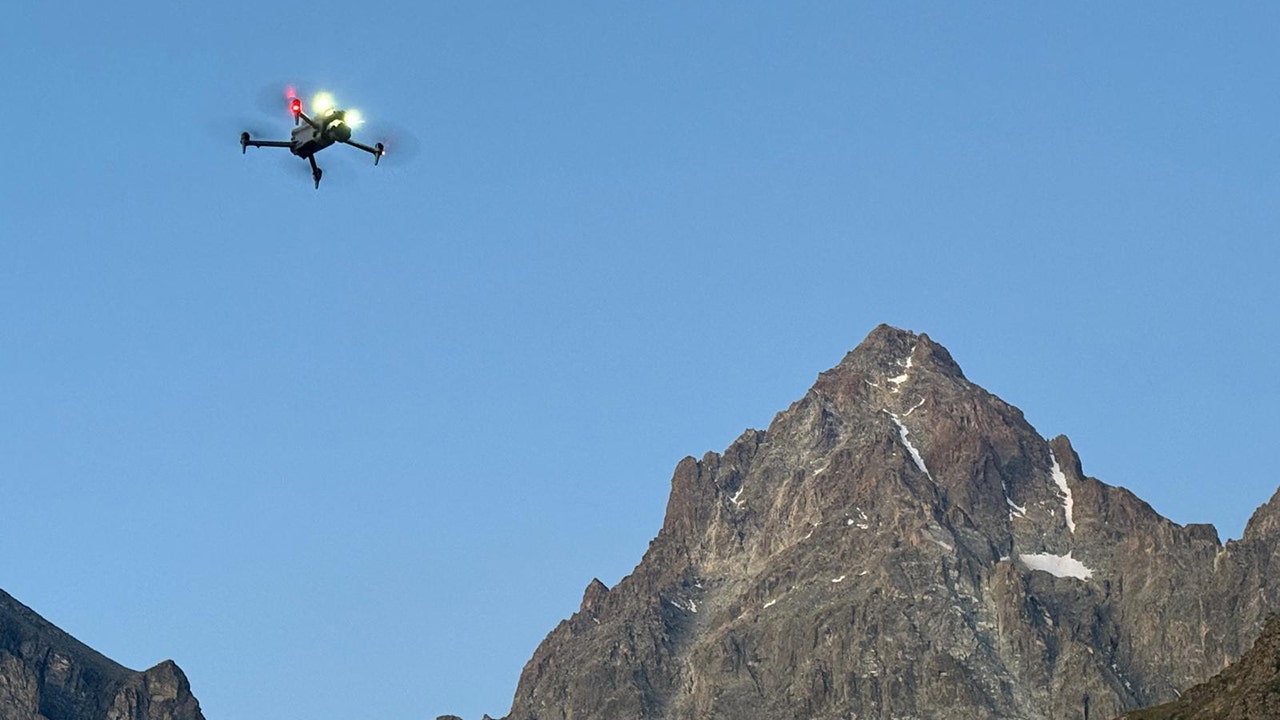Italy hiker search shows a breakthrough in AI drone technology

A breakthrough in search and rescue technology has been made in Italy’s Piedmont region, where a missing hiker’s body was found after 10 months of being lost in the rugged terrain. The discovery was credited to an AI-powered drone that spotted a critical clue within hours, a task that would have taken weeks or months for human search teams to accomplish.
The hiker, identified as Nicola Ivaldo, had gone missing in September 2024 on the northern slopes of Monviso in the Cottian Alps. The challenging terrain and unpredictable weather conditions in the area made search efforts slow and dangerous. The National Alpine and Speleological Rescue Corps (CNSAS) conducted multiple ground searches before turning to drone technology to aid in the operation.
Using AI software, the drones were able to analyze thousands of high-resolution images in just hours, highlighting objects that did not match the surrounding environment. The detection of the missing hiker’s red helmet enabled rescuers to pinpoint the location and plan recovery efforts. Despite the challenging alpine conditions, the recovery team successfully retrieved the hiker’s body, emphasizing the collaborative success of advanced technology and skilled human interpretation.
This successful mission highlights the potential of AI-enabled drones in search and rescue operations. By covering vast and dangerous areas quickly and efficiently, these drones can increase the chances of finding missing persons alive. Similar AI-assisted searches have been utilized in other countries, delivering faster results than traditional methods and offering hope for reducing fatal accidents and locating missing persons more swiftly.
As technology continues to advance, AI drones could play an even larger role in rescue operations, making high-risk missions safer and saving more lives. The integration of expert human teams with AI technology proves to be a winning combination in search and rescue efforts.
Do you believe AI should have a greater role in search and rescue operations? Share your thoughts at CyberGuy.com.




